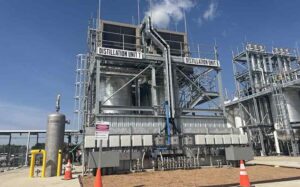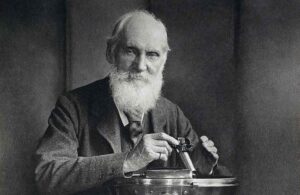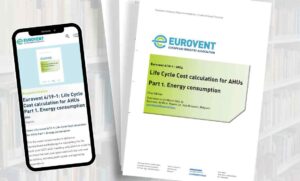Efficiency is key to renewables success
10th November 2022
DENMARK: Danfoss president and CEO Kim Fausing has warned that the build-out of renewables will not be even near sufficient without curbs on our demand for energy.
Speaking at the launch of a new whitepaper, published to coincide with COP27, Fausing emphasised what he sees as an urgent need for climate leaders to include energy efficiency measures and electrification in their COP27 plans.
Danfoss says it wants to offer practical policy recommendations for urgent action that political, corporate and community leaders must consider before, during and after COP27.
The whitepaper, entitled The Neglected Demand Side of the Green Equation, delves into the details of how energy efficiency is an enabler of electrification. It is the first in a series of new whitepapers that the company says it is writing to share its view on the potential of energy efficiency and electrification to transform our energy system.
According to Danfoss, statistics show that the current build out of renewables won’t be even near sufficient if we don’t at the same time curb our demand for energy, referring to the drastic acceleration in demand for cooling in the Global South as a case in point. Describing it as “a global blind spot” in climate change mitigation, Danfoss says cooling has the potential to drive one of the most substantial increases in greenhouse gas emissions as economies grow and adapt to a warmer climate.
“The world, particularly Europe, is following a one-sided approach to the energy crisis, focusing solely on the supply of energy, not enough on demand,” said Kim Fausing.
“For every dollar spent on energy efficiency, we can avoid spending more than two dollars on energy supply. The technology is available, and energy efficiency solutions can be used today across all sectors. If we don’t act now to address the growing demand for energy it will be extremely difficult and more expensive to meet the Paris Agreement goal of staying below 1.5 degrees warming.”
This new whitepaper seeks to tackle the problem of energy waste and inefficiencies by providing clear and practical policy recommendations for fixing the currently unbalanced equation.
The whitepaper can be read and downloaded here.







